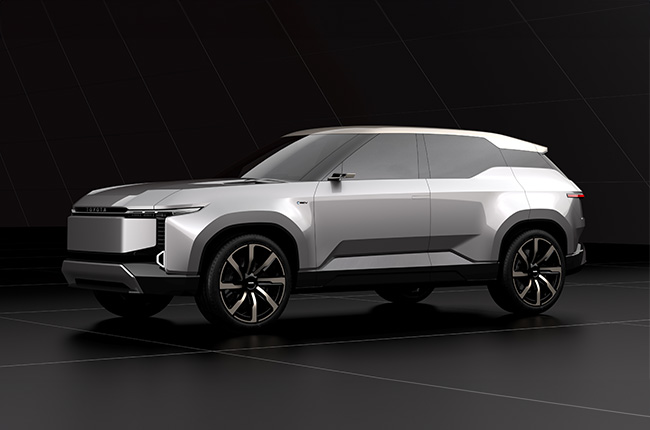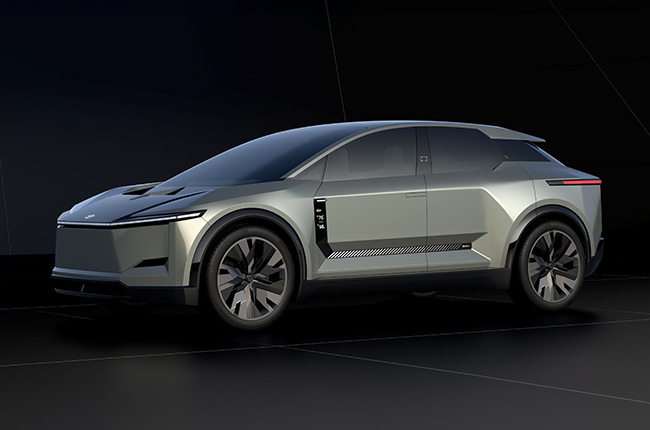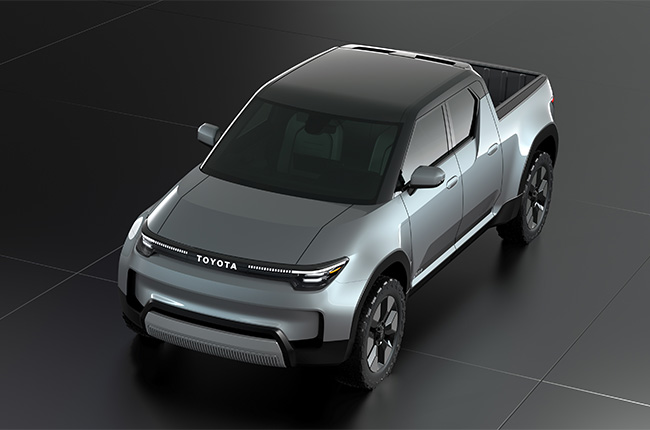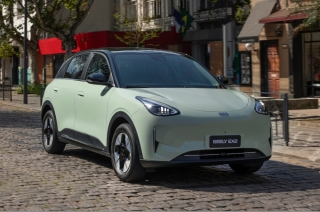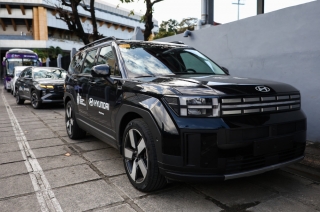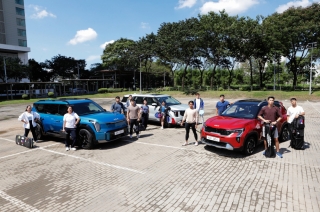
After releasing plans to introduce a battery capable of reaching a 1000 km range, news has come out that Toyota’s solid-state EV battery will only be produced in limited quantities. The good news with that bit of news is that a Toyota EV capable of reaching 1000 km of range is in the works at Toyota. The bad news is that with production starting off so stunted, EVs equipped with this tech might only reach a significantly small amount of customers, if you were waiting for an EV with this hyper-advanced battery from Toyota to come to the Philippines, don’t hold your breath.
Although production isn't imminent, the scheduled start in 2027 is not too distant. However, reports from The Drive and other automotive news outlets suggest that the production of solid-state battery-powered EVs will be exceptionally restricted, particularly in the initial years. Toyota has openly acknowledged this via a report from Automotive News and the Toyota Times. According to the sources, the collaboration with petrochemical company Idemitsu is anticipated to generate sufficient cells for just a couple of thousand vehicles during the 2027 to 2028 period.

Although the initial partnership announcement highlighted the goal of establishing the foundation for "full-scale" mass production by 2030, Toyota clarifies that, at the start of the next decade, Idemitsu's capacity will enable the production of several thousand tons of its sulfide solid electrolyte. Although “several hundred tons” sounds huge, this doesn’t exactly mean that a hundred thousand EVs rolling off the line will come soon after. Instead, the initial estimate is "over ten thousand vehicles."
Keeping in mind that Toyota aims to sell 3.5 million EVs by 2030, producing only 10,000 vehicles with solid-state batteries with that large target implies that the predominant choice for the Japanese car group's electric vehicles will likely be the more conventional, liquid-based lithium-ion batteries.
Following the company's roadmap, starting in 2026, these batteries are expected to provide a range of over 800 km, with a high-performance bipolar variant anticipated in 2027 to 2028 that will surpass 1,000 km. Toyota also plans to introduce a more affordable lithium iron phosphate (LFP) version around 2026 to 2027, offering a driving range exceeding 599 km on a full charge.
Meanwhile, the solid-state battery capable of reaching 1,000 km and beyond is supposed to enter the scene after 2028. The exact date for when that will come is left out, unfortunately.
Latest News
-
Geely’s EX2 EV headed to Australia — is a Philippine launch possible? / News
The Geely EX2 is confirmed to go on sale in Australia in 2026. Could a launch in the Philippines also be on the cards?
-
Hyundai Motor Philippines is the FIFA Futsal Women's Teams' official mobility partner / News
Hyundai Motor Philippines strengthened its partnership with FIFA through its support of the FIFA Futsal Women's Teams.
-
Kia Philippines backs EJ Obiena as Atletang Ayala continues championing Filipino athletes / News
Kia Philippines strengthens its support for EJ Obiena, backing the Olympian with dedicated mobility at home and abroad.
Popular Articles
-
Electric Vehicles in the Philippines for under P1 million
Jerome Tresvalles · Aug 19, 2025
-
Top 3 Cars For Every Lifestyle—What Cars Are Right For You? | Behind a Desk
Caco Tirona · Apr 24, 2024
-
5 Tips to Maximize Fuel Efficiency
Jerome Tresvalles · Sep 09, 2024
-
Five driving habits that are draining your fuel tank
Jerome Tresvalles · Jun 24, 2025
-
Can engine braking harm your engine?
Jerome Tresvalles · Sep 11, 2025
-
Do electric cars even need maintenance?
Jerome Tresvalles · Oct 23, 2024
-
Best vehicles for an active outdoor lifestyle
Shaynah Miranda · Jul 25, 2024
-
How to drive different types of vehicle transmissions
May 23, 2024
-
5 easy ways to keep your car interior clean
Allysa Mae Zulueta · Nov 15, 2021
-
How to survive Metro Manila traffic
Earl Lee · Aug 16, 2022


